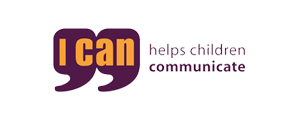Feeding is a complex process and involves a safe and effective swallow, sensory skills to monitor hunger and manage different tastes and textures, effective oral-motor movements, cognitive abilities and emotional or psychological stability to manage feeding. Children may have feeding difficulties in any of these areas of eating, drinking and swallowing.
Problems with feeding are best managed within a multidisciplinary team in order to ensure each child with feeding difficulties is getting the best possible treatment. A multidisciplinary team is able to draw from many different areas of expertise and can advise the child and their parents on the best possible management programme for them.
Kids Feeding Team
SLT for Kids work closely with the Kids Feeding Team, in order to ensure each child has a safe and effective swallow. The Kids Feeding Team is a multidisciplinary team that work closely with a variety of childrens support needs.
Read More...
All of the different professionals work together within the Kids Feeding Team in order to provide your child with the best possible outcome from feeding therapy. Although you may end up seeing our professionals separately they all work together to achieve one goal, and that is to provide you with the best service possible in the interests of your child and their difficulties. All of the information gathered by our professionals will be shared and put together in order to inform each other of our work and of anything that may benefit each others work in pursuit of achieving your goals.
Our speech and language therapists at SLT for Kids work as part of the Kids Feeding Team and are able to provide therapy for eating, drinking and swallowing difficulties whilst working closely with the other professionals on the team. This allows us to work effectively together to provide input for your child's difficulties from different points of expertise.









